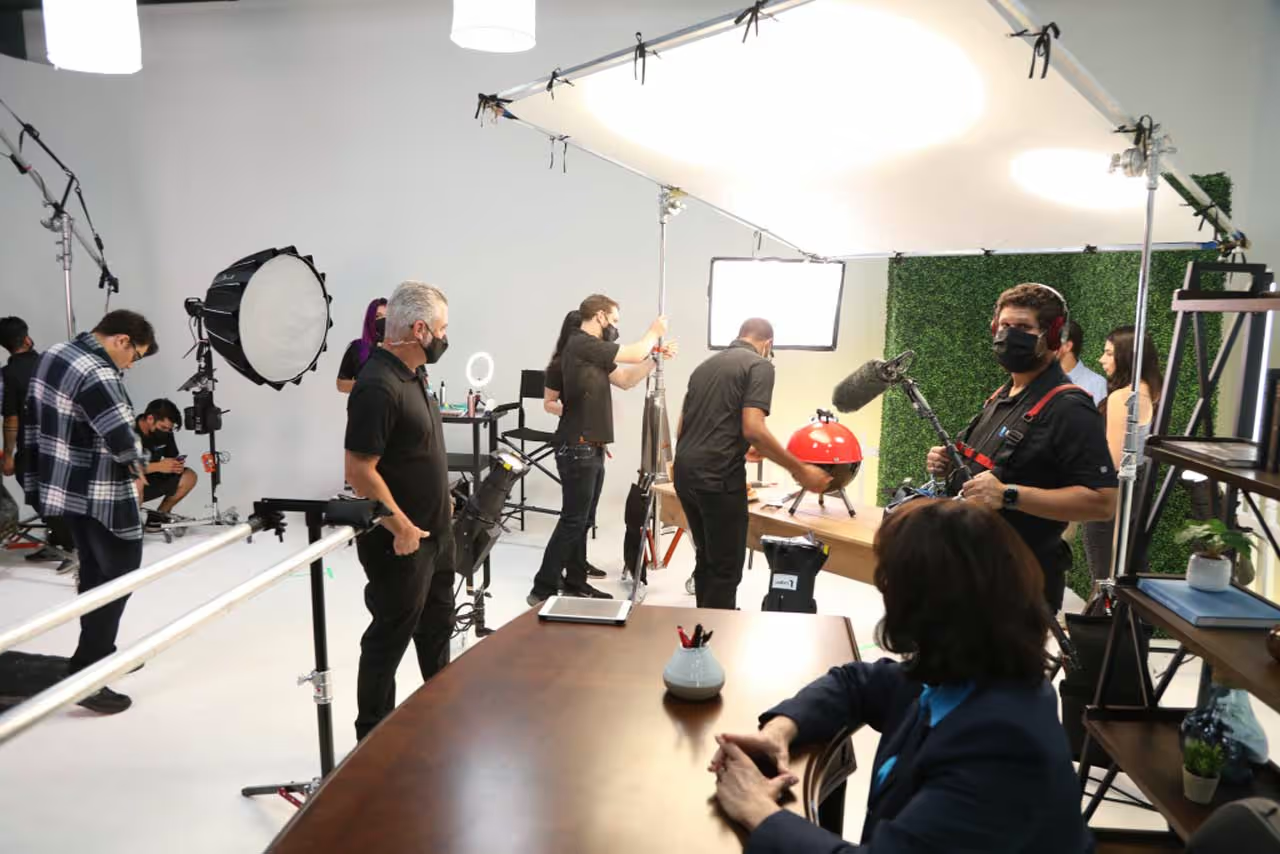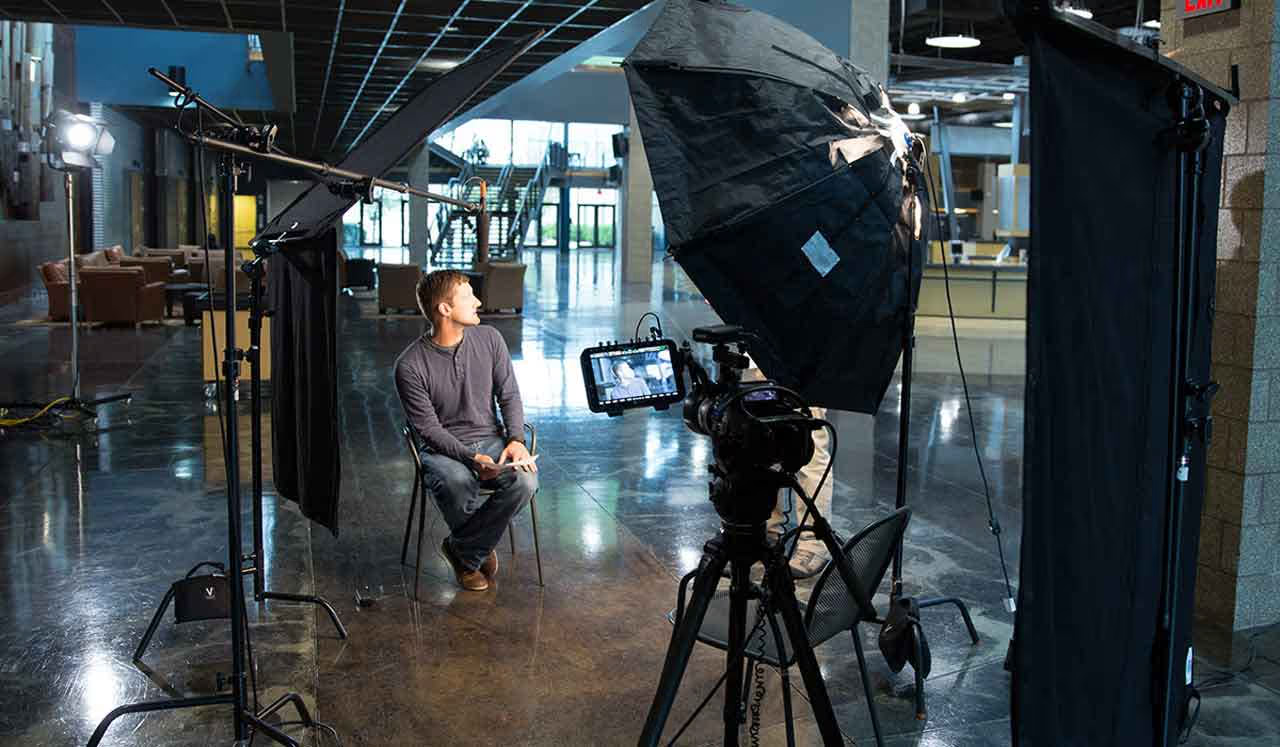Table of Contents
Introduction
Business conferences remain one of the most powerful tools for companies and industries to share knowledge, foster networking, and build brand authority. But behind every seamless event is a rigorous planning process that can take months. From concept to post-event evaluation, this guide outlines how to organise a successful business conference step-by-step.
The most important insight? A conference happens before it happens. Planning is the event.
1. Define Your Objectives
Before booking a venue or choosing speakers, clearly define what you want the conference to achieve.
- Are you launching a new product?
- Do you want to bring your industry together?
- Is the goal internal (company-wide alignment) or external (brand positioning)?
Having crystal-clear objectives will shape your entire planning process.
2. Set the Budget
Establish a realistic and itemised budget early. Typical categories include:
- Venue hire
- AV and staging
- Speaker fees and travel
- Catering
- Staff and volunteers
- Marketing and design
- Video and photography (a vital asset we'll discuss later)
Factor in contingency costs (typically 10-15% of your total).
3. Build a Project Timeline
Create a reverse timeline from the event date, highlighting critical milestones:
- Venue confirmed (6-12 months out)
- Speakers booked (4-6 months out)
- Marketing begins (3-6 months out)
- Registration opens (2-4 months out)
- Final confirmations and run-throughs (2-4 weeks out)
Tools like Trello, Asana, or Notion can help manage the process.
4. Choose the Right Venue
Venue is one of the top drivers of attendee satisfaction. It needs to reflect your brand and suit your logistical needs. Consider:
- Location and accessibility
- Capacity and room layout
- Breakout spaces
- Technical capabilities (Wi-Fi, AV, lighting)
- Ambience and professionalism
Get deeper tips in our article: How to Market a Conference Venue.
5. Plan the Agenda Strategically
Structure your agenda to balance value and engagement:
- Anchor keynotes at the beginning or middle of the day
- Build-in time for networking and breaks
- Mix formats (panels, breakouts, Q&As, workshops)
- Avoid running sessions during lunch if networking is important
For guidance on agenda planning, download this free Annual General Meeting Agenda Template.
6. Confirm High-Impact Speakers
Your speakers are the stars of your event. Aim for a mix of:
- Industry leaders
- Clients or case studies
- Internal experts
- Moderators who can keep things sharp and engaging
Vet their presentation style and ensure alignment with your goals.
7. Master the Logistics
Details can make or break the experience. Lock down logistics such as:
- AV setup and tech checks
- Registration desk setup
- Catering menus and dietary needs
- Accessibility requirements
- Transportation and parking info
- Wi-Fi availability and credentials
Use our detailed Conference Planning Checklist to make sure nothing is missed.
8. Capture the Moment
A successful conference doesn’t end when the lights go out. You need documentation to:
- Promote your brand post-event
- Offer value to those who couldn’t attend
- Create an archive for internal or stakeholder use
This is where Get Camera Crew adds enormous value. With vetted local crews in cities around the world, they offer turnkey filming services for:
- Event highlight videos
- Panel recordings
- Interviews and testimonials
- B-roll and branded content
Whether your event is in Berlin, Singapore, or Cape Town, Get Camera Crew ensures you don’t just host a conference—you multiply its reach.
9. Promote the Event
Great conferences don’t stay secret. Build a multi-channel promotion plan:
- Email sequences to your list
- Partner co-promotion and affiliate links
- LinkedIn and paid social ads
- Speaker promo kits
- Influencer or sponsor amplification
Update your event page frequently and include an FAQ, speaker updates, and registration incentives.
10. Run-of-Show and Team Roles
Produce a detailed "show flow" document for the day. Include:
- Every session's start/end time
- Names and contact info of responsible staff
- AV cues and transitions
- Emergency protocols
Hold a team run-through the day before to smooth out any surprises.
11. Engage Attendees
Engagement elevates everything. Use tools like:
- Live polls and Q&A apps (Slido, Mentimeter)
- Branded hashtags for social sharing
- Photo walls and interactive stations
- Gamified networking (badge scanning, contests)
Have a social media manager or volunteer live-posting highlights.
12. Follow Up and Evaluate
Post-event, don’t just pack up. Send a follow-up email within 48 hours including:
- Thank you message
- Slide decks or recorded sessions
- Event highlight video (again, Get Camera Crew!)
- Feedback survey
Use feedback to improve your next event and reinforce your value.
Conclusion
Organising a successful business conference is both an art and a science. It requires foresight, precision, and deep attention to detail. Remember: the best conferences happen before they happen. Your preparation sets the tone for everything else.
By following these steps and partnering with trusted professionals like Get Camera Crew for global event filming, you’ll ensure your conference isn’t just a day on the calendar—it’s a brand-defining milestone.
Ready to make your next event unforgettable? Start with the planning, and let Get Camera Crew handle the visuals that amplify your impact.






